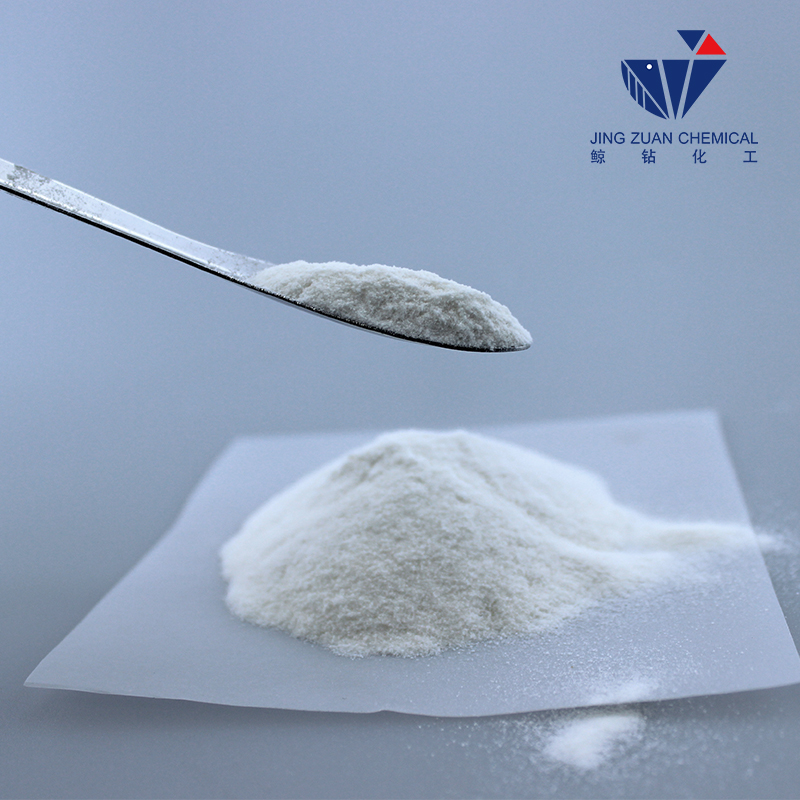
Dùbh . 05, 2024 14:09 Back to list
hydroxyethyl cellulose for sale
Hydroxyethyl Cellulose A Versatile Polymer for Sale
Hydroxyethyl cellulose (HEC) is a non-ionic cellulose ether that has garnered significant attention across various industries due to its unique properties and versatility. This synthetic polymer is derived from natural cellulose, making it an environmentally friendly option for a wide range of applications. If you are exploring the market for hydroxyethyl cellulose for sale, understanding its characteristics, benefits, and applications will be essential in making informed purchasing decisions.
What is Hydroxyethyl Cellulose?
Hydroxyethyl cellulose is produced through the alkalization of cellulose, followed by the reaction with ethylene oxide. The resulting product is a white, odorless powder that is soluble in water, forming a clear, viscous solution. Its solubility varies with the molecular weight and degree of substitution, allowing HEC to adapt to a plethora of applications. One of the most remarkable features of HEC is its ability to increase viscosity without altering the surface tension of solutions, making it a valuable additive in numerous formulations.
Key Properties of Hydroxyethyl Cellulose
1. Thickening Agent HEC is widely used as a thickening agent in various products, enhancing texture and stability. Its ability to create a smooth viscosity profile makes it a popular choice in cosmetic formulations, personal care products, and food applications. 2. Stabilization In emulsion systems, HEC acts as a stabilizer, preventing the separation of oil and water phases. This property is particularly beneficial in the production of lotions, creams, and sauces, where uniformity is essential.
3. Film-Forming Ability HEC can form films, which can be utilized in coatings, adhesives, and controlled-release systems. This characteristic is particularly useful in pharmaceuticals for timed drug release.
4. Non-Ionic Nature Being non-ionic, hydroxyethyl cellulose does not interfere with the ionic properties of other ingredients, making it compatible with many other compounds. This allows formulators to integrate HEC easily into various products without compromising performance.
Applications of Hydroxyethyl Cellulose
Hydroxyethyl cellulose finds application across a diverse range of sectors
hydroxyethyl cellulose for sale

- Cosmetics and Personal Care HEC is commonly used in shampoos, conditioners, lotions, and gels. Its thickening and stabilizing properties help improve the texture and quality of these products, enhancing user experience.
- Construction In the construction industry, HEC is utilized in mortars, adhesives, and sealants. Its water-retention properties ensure workability and prevent cracking during the drying process of cement and mortar.
- Food Industry HEC is approved for use as a food additive, contributing to the texture and stability of sauces, dressings, and other food products. It enhances mouthfeel and can help in reducing fat content in formulations.
- Pharmaceuticals HEC is used in the pharmaceutical industry for its binding and film-forming properties. It is often incorporated into tablet formulations and can be employed in hydrogels for drug delivery systems.
Purchasing Hydroxyethyl Cellulose
When searching for hydroxyethyl cellulose for sale, it is crucial to consider several factors. Quality is paramount; hence, sourcing from reputable manufacturers ensures that you receive a product that meets industry standards and specifications. Depending on your specific needs, you may require HEC in different grades and viscosities, which can significantly affect the performance of your formulations.
Additionally, consider the packaging and delivery options available. Bulk purchases may be more cost-effective for large manufacturers, while smaller quantities may be better for niche formulations. Always inquire about the supplier’s technical support, as knowledgeable assistance can aid in the proper usage of HEC in your applications.
Conclusion
Hydroxyethyl cellulose is an invaluable polymer that offers a plethora of benefits across multiple industries. Its unique properties as a thickener, stabilizer, and film-forming agent make it a staple in cosmetics, construction, food products, and pharmaceuticals. When considering hydroxyethyl cellulose for sale, understanding its characteristics and applications will empower you to make the best choice for your needs. By selecting high-quality HEC from reputable suppliers, you can leverage its properties to enhance your formulations and achieve desired outcomes.
-
The Widespread Application of Redispersible Powder in Construction and Building Materials
NewsMay.16,2025
-
The Widespread Application of Hpmc in the Detergent Industry
NewsMay.16,2025
-
The Main Applications of Hydroxyethyl Cellulose in Paints and Coatings
NewsMay.16,2025
-
Mortar Bonding Agent: the Key to Enhancing the Adhesion Between New and Old Mortar Layers and Between Mortar and Different Substrates
NewsMay.16,2025
-
HPMC: Application as a thickener and excipient
NewsMay.16,2025
-
Hec Cellulose Cellulose: Multi functional dispersants and high-efficiency thickeners
NewsMay.16,2025







